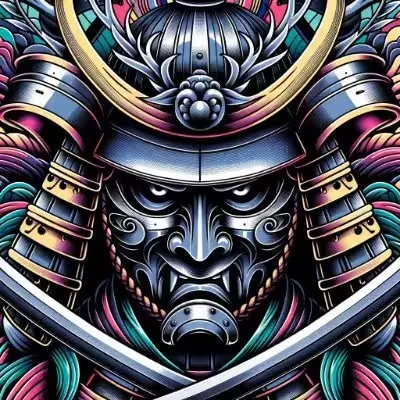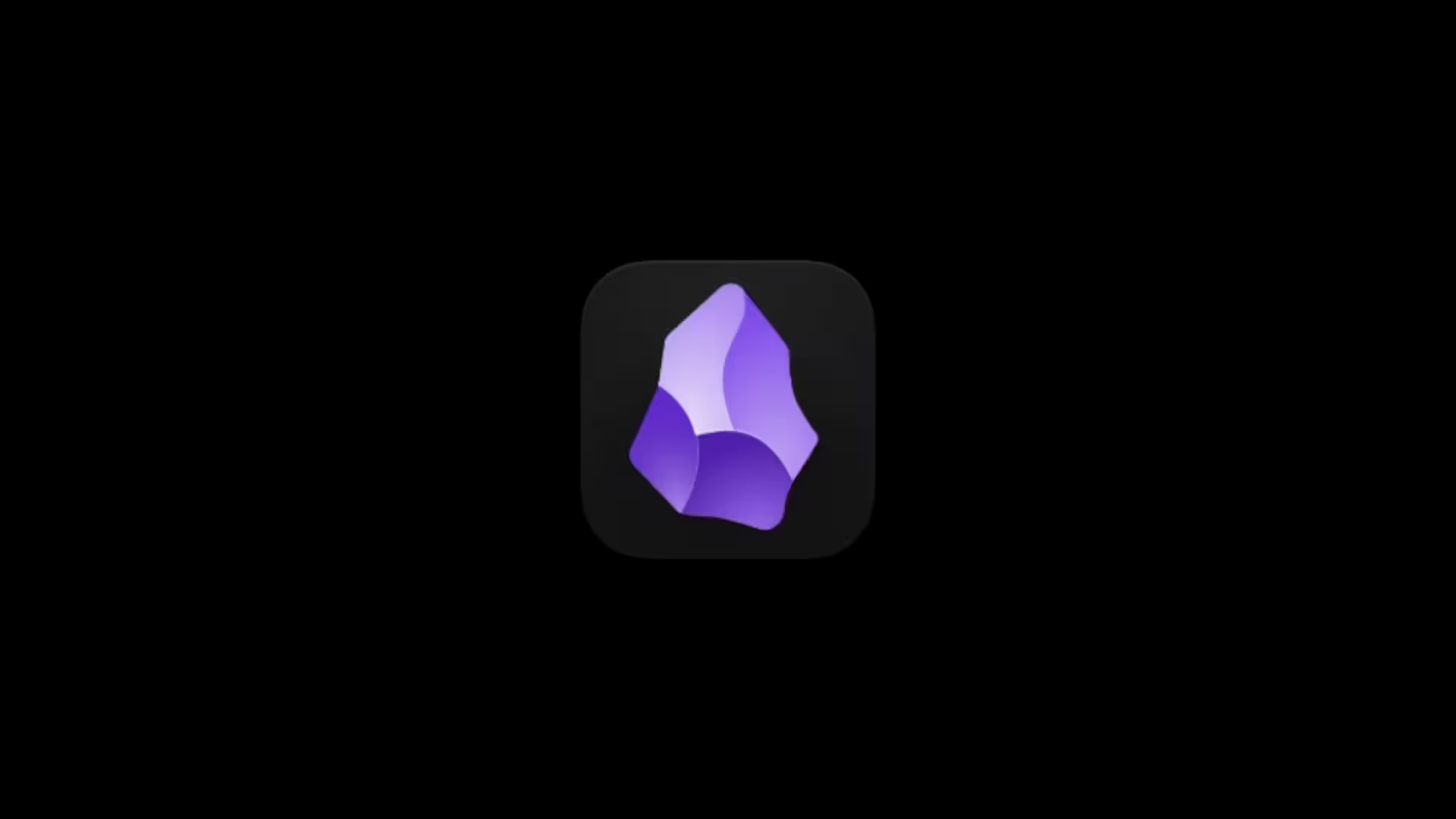Dry Goods and Memes The Dual Roles in Information Dissemination

Dry goods and memes, two seemingly unrelated terms, play key roles in modern media dissemination. Dry goods are the essence, substance, and useful information. Memes, on the other hand, are a cultural phenomenon, a creative and fun way of conveying information. Together, dry goods and memes shape the real world in modern society and business environments.
Dry goods mean stripping away the fluff and leaving only the most valuable content. Recently, I listened to two podcasts about Hong Kong culture: one narrated by Hong Kong writer Ma Jiahui about street culture and tales of the underworld, and the other by former Hong Kong Police Commissioner Tang Bingqiang discussing local police dramas and the Hong Kong police force. In comparison, I preferred Ma Jiahui’s version, which vividly combined personal experiences with true stories of Hong Kong’s street culture, also incorporating figures like Bruce Lee and Ip Man. Tang Bingqiang’s narration was more polished, delivering official rhetoric, but lacked depth and authenticity regarding details of the police force, which listeners might have been more interested in.
In the age of social media, memes have become a powerful tool for disseminating information. A single image, sentence, or concept can quickly spread across the globe. Billionaire and entrepreneur Elon Musk is a master of memes, and his Twitter account is full of witty and humorous memes.
Musk’s memes are not just for entertainment; they carry significant influence. A tweet about Bitcoin or Dogecoin can send digital currencies soaring or plunging. He once said on Twitter, “Who controls the memes, controls the universe.” This statement captures the power of memes in modern information dissemination.
Recently, Musk has been teasing a fight with Facebook founder Mark Zuckerberg. The two tech giants often clash over issues like the future of AI and social media responsibility, and these disputes are widely meme-ified and satirized online. It’s not just a battle of intellect; it’s also a contest of using memes to express personal viewpoints and styles.
In business and investment, the combination of dry goods and memes plays a key role. Dry goods provide investors with necessary analysis and insights, while memes simplify complex information, making it easy to understand and share. For example, a deep market analysis report may be filled with technical dry goods, but a meme graph about market trends can quickly convey the same information.
Musk’s Twitter account is a great example. Some of his tweets offer in-depth analyses of Tesla’s strategy, providing valuable market insights—pure dry goods. However, he also uses humorous memes to make complex tech issues engaging and accessible. This combination not only attracts a wider audience but also enhances the spread of information.
This combination also plays a positive role in driving innovation. Tech development is often highly specialized and complex. A detailed research report may be full of jargon and data, but a creative meme can quickly convey the core message, sparking inspiration and passion among teams. When dry goods and memes are combined, the transmission of information becomes faster and more efficient.
We can also see the importance of these two elements in how people understand and reflect on historical events. In the historical drama “The Yongzheng Dynasty,” there is a memorable scene where Hongshi, sick, is affectionately called “San’er” by his uncle, Prince Yinsi. This simple nickname not only reveals the intimate relationship between royal family members but has become a meme, symbolizing family affection and respect. The dry goods of history are presented through exquisite performances and captivating storytelling, while the actors’ performances and the director’s creativity turn historical figures and events into cultural memes. For example, Prince Yinsi’s casual reference to Hongli as “San’er” before he ascends the throne has become quite meme-worthy. People not only learn historical knowledge but are also deeply moved by classic scenes and characters from the drama.
Dry goods provide substance and depth, while memes make information more engaging and shareable. In an age of information overload, dry goods and memes act like compasses, helping us navigate the vast sea of information to find direction and value.



